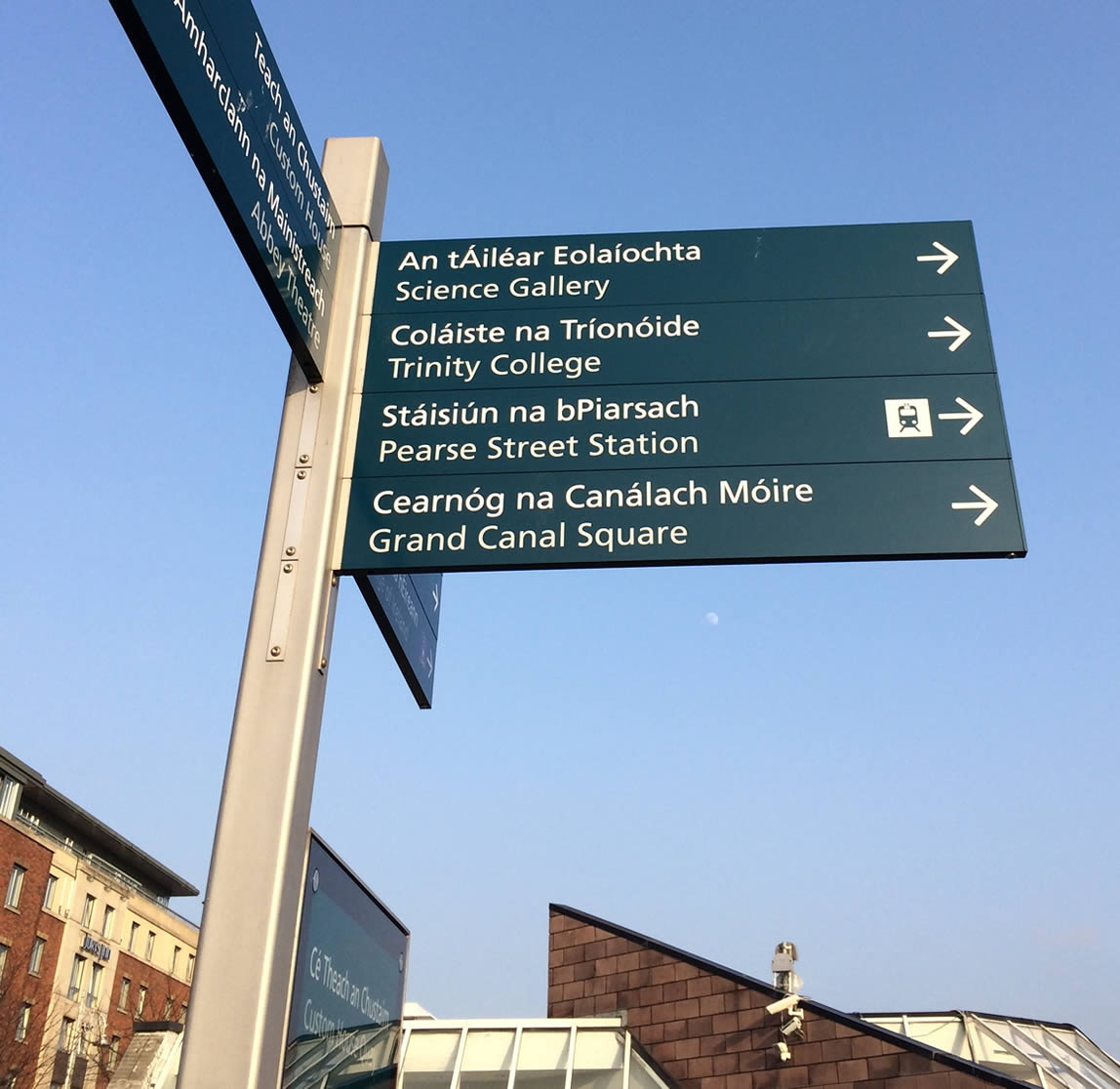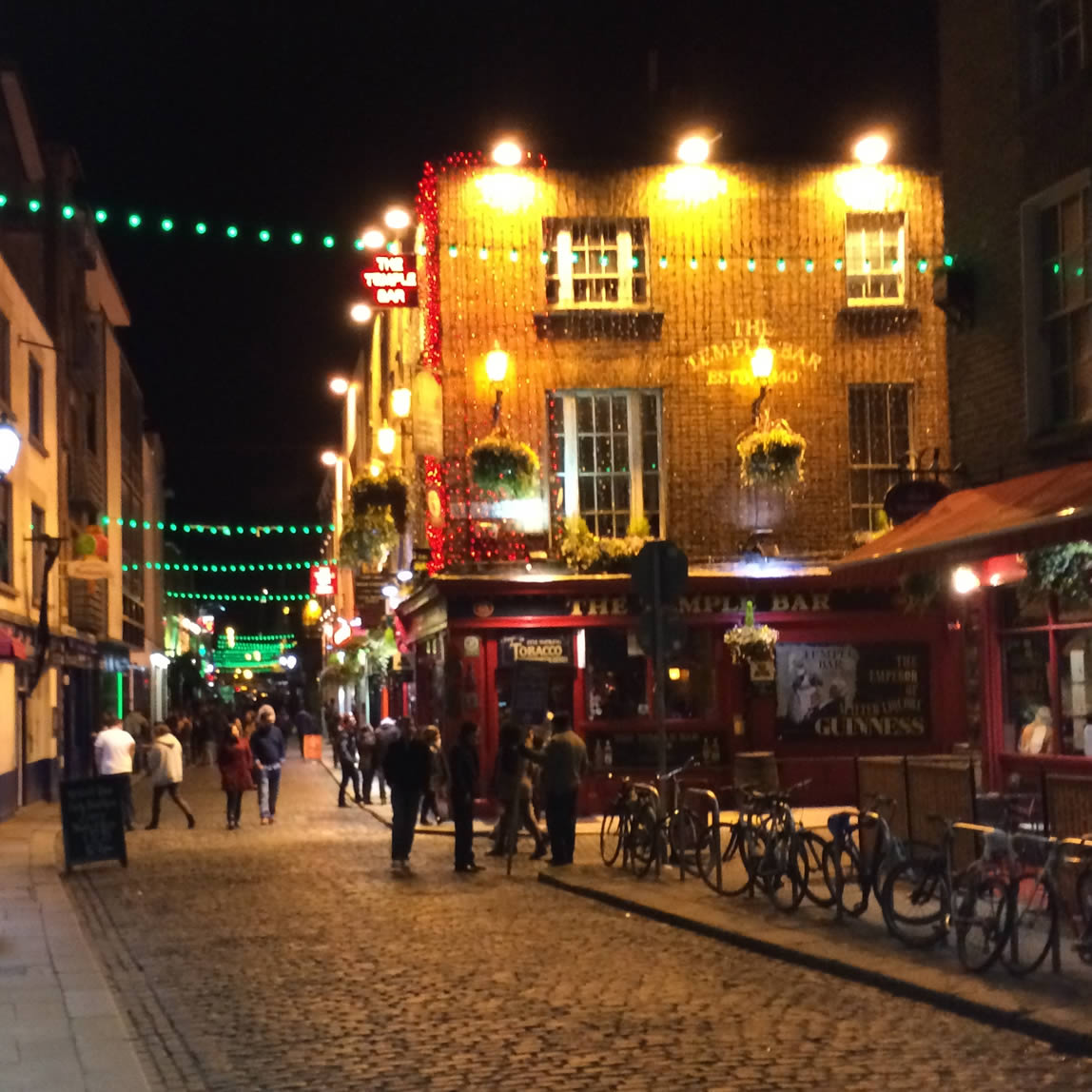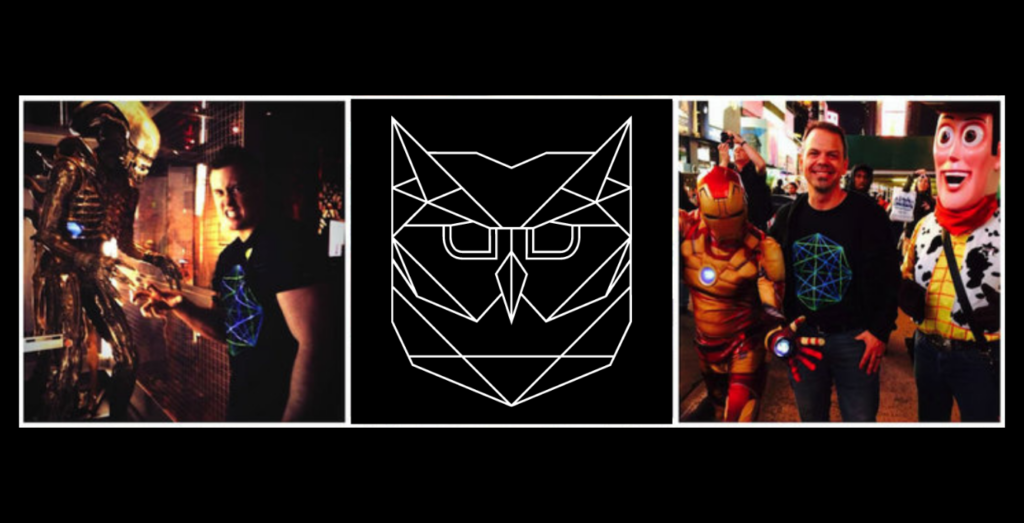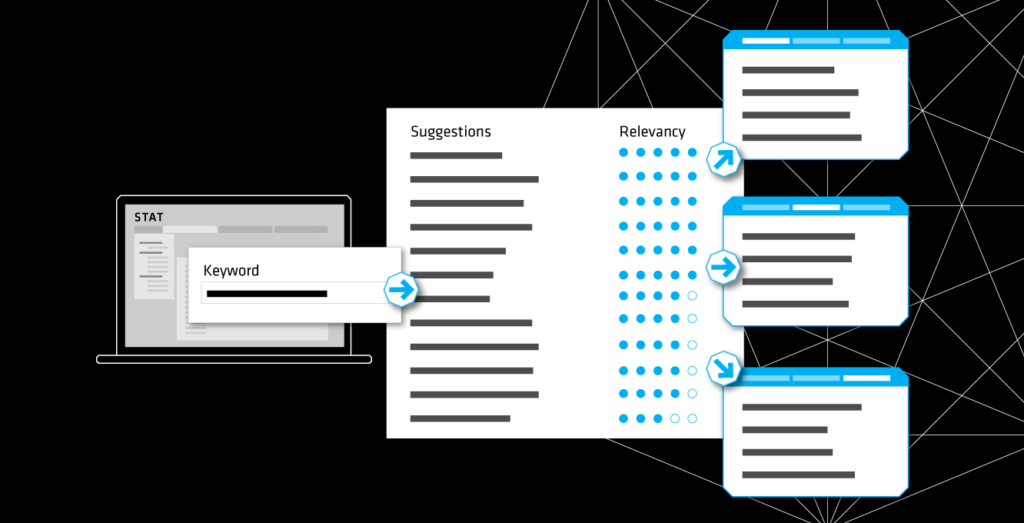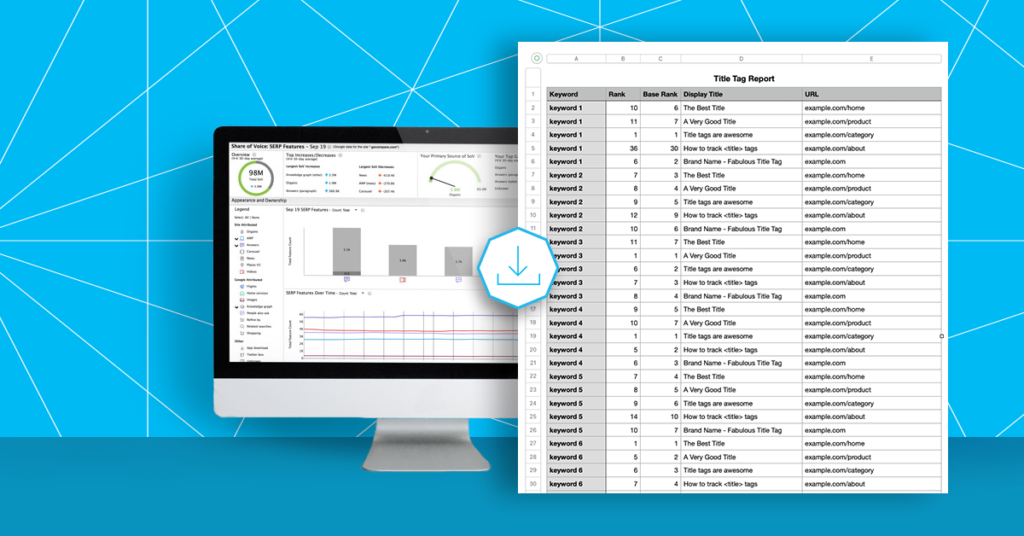Back at STAT HQ after a week in Ireland, Rob recaps his conference talk, his thoughts on semantic search, his encounters with St. Patrick’s mayhem.
I’m freshly back from speaking at DMX Dublin 2014, Ireland’s largest digital marketing conference.
First off, I should take a jet-lagged moment to thank the Marketing Institute of Ireland for having me speak and for their hard work in hosting such a high-quality conference. All of the speakers and delegates deserve credit as well for making the day a great one.
DMX Dublin 2014
Rob’s session, “SERP Analytics: Big Data in Action.” (Image: DMX.)
Inside Aviva Stadium
Grow lamps on the turf make for unusual conference scenery.
Dublin is a fantastic place to hold a conference, even more so thanks to the Saint Patrick’s Festival that took over the city with a vengeance soon after. I drank those pints of Guinness I promised to drink, dodged countless revellers dressed as leprechauns, and got the heebie-jeebies from the bog bodies at the National Museum of Ireland.
Farther afield, I braved the gorse and impossibly narrow roads of County Clare and County Galway to be rewarded with some of the most gorgeous coastal scenery I’ve ever laid eyes on. And if you ever get a chance to eat at the awesome and inconspicuous Ard Bia in Galway, don’t pass it up.
Semantic search and the SERPs
SERP analytics is a pretty specialized area to talk about at a generalized marketing conference, so I was initially a little nervous that I’d have trouble connecting with the audience. But my session was packed and everyone seemed very keen to hear what I had to say.
Time for Q&A was limited, although we did manage to squeeze in a few excellent questions. One delegate in particular asked about the impact of semantic search on search rankings, and whether the growing influence of semantic search will make it more difficult to get useful SEO insights from rank tracking.
The short answer is no, not really.
“There will always be an algorithmic baseline that we can track, analyze, and turn into strategic insights.”
This is actually part of a broader question about the fragmentation of search results as a result of advent of personalization and localization. As long as we’re tracking search queries on a large scale—rather than continuing to rely on the small-scale ranking reports of yesteryear—there will always be an algorithmic baseline that we can track, analyze, and turn into strategic insights.
So, while personalization may prevent us from being able to say exactly where we’ll rank for one query made by a specific user, it doesn’t stop us from getting a very accurate, very valuable picture of how we’re doing in a specific city, in a specific neighbourhood, for a specific keyword segment, or in direct comparison to specific competitors.
Of course, there’s much more to it than that! I’ll be taking a closer look at the effects of personalization and semantic search on SERP analytics in later posts—stay tuned.
In the meantime, drop me a line if you’re champing at the bit to learn more. Go-getters can also dive right into our SERP Analytics Crib Sheet, which covers five of the most important metrics you can derive from large-scale keyword tracking.
On the River Liffey
Irish Gaelic is alive and well in Dublin’s city centre.
Temple Bar, Dublin
The city’s cultural quarter—before the St. Patrick’s crowd descends.
Cliffs of Moher
Rob risks live and limb on the foggy cliffs of County Clare.
Gorse in bloom
Smells like coconut, feels like cactus.
Sky Road, Clifden
Coastal scenery worth braving the roads.


